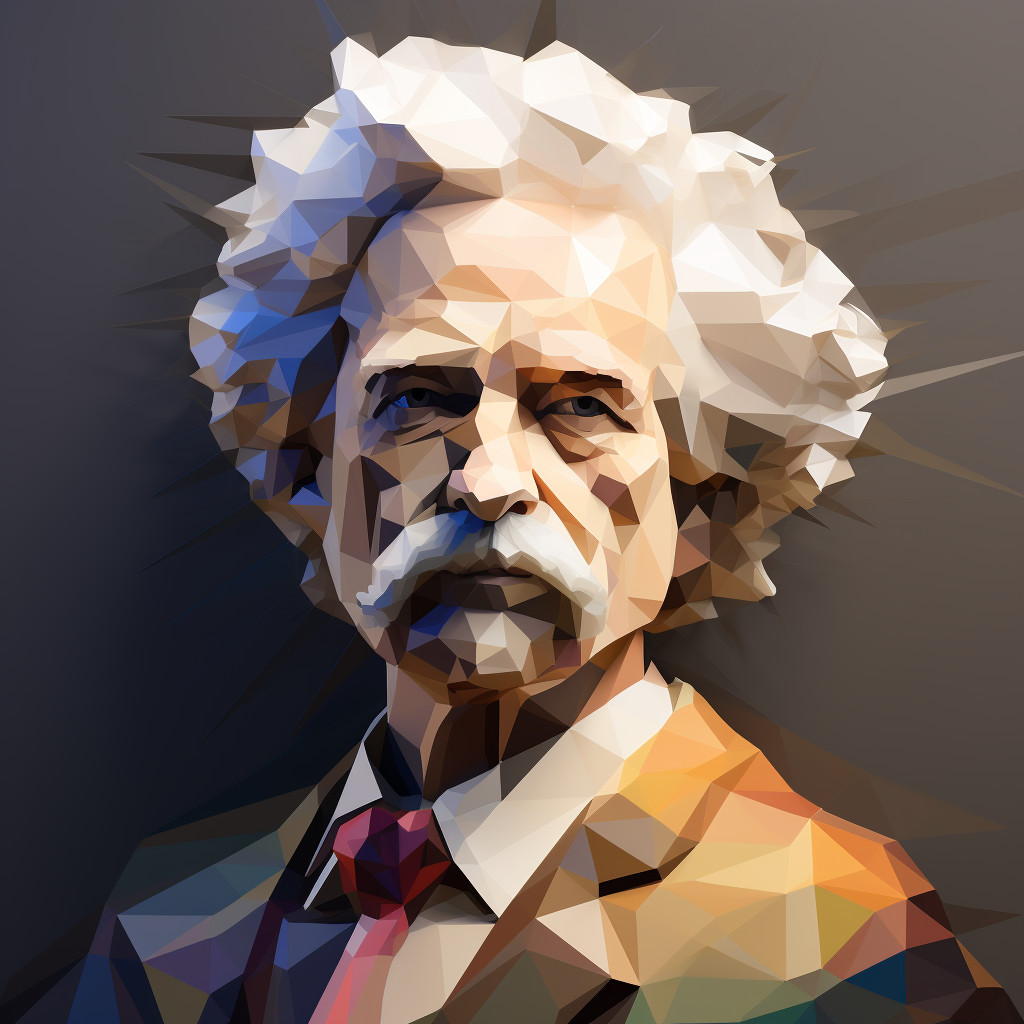The quote “The calamity that comes is never the one we had prepared ourselves for” suggests that life often presents us with unexpected challenges, and these challenges are usually the ones we hadn’t anticipated or prepared for. It underscores the unpredictability and randomness of life, where our well-laid plans and preparations can be swept aside by unforeseen events.
This quote can be seen as a commentary on the human tendency to worry and prepare for specific negative events, while often being blindsided by other unforeseen issues. No matter how much we plan or prepare, we cannot predict every possible outcome or calamity. It’s a reminder of the limitations of our foresight and the futility of over-preparation for specific scenarios.
In the context of today’s world, this quote is especially relevant. For instance, few could have predicted the global impact of the COVID-19 pandemic. Despite all the advancements in science and technology, the world was largely unprepared for such a crisis. This unpredicted calamity disrupted lives, economies, and systems in ways no one had anticipated.
In terms of personal development, this quote can be seen as a call to cultivate resilience and adaptability, rather than trying to predict and prepare for every possible calamity. It encourages us to accept the unpredictability of life and to develop the skills and mindset necessary to navigate unexpected challenges. Instead of trying to control every aspect of our lives, we should focus on developing our ability to respond effectively to whatever life throws at us. This perspective can lead to growth, resilience, and a more balanced approach to life’s uncertainties.




